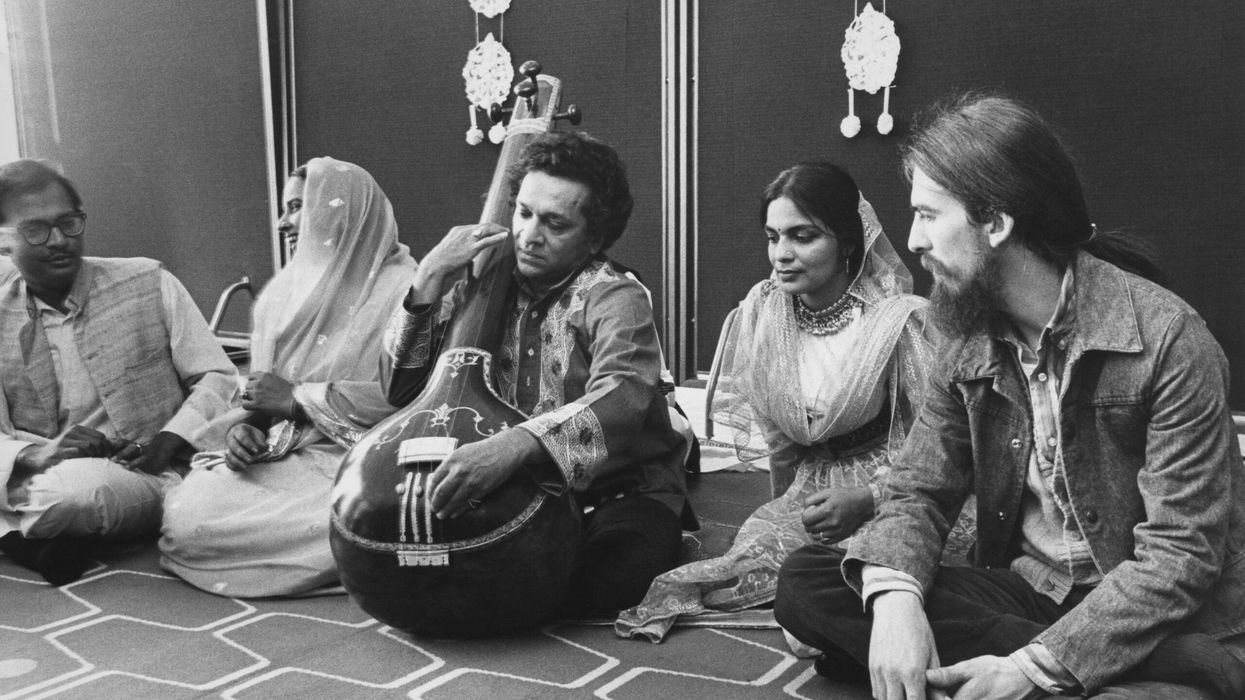The traditional Indian sitar played by Beatles’ George Harrison on the band's hit song “Norwegian Wood" has recently been sold at auction for a little over £53,000 in the United States.
The said sitar, a quintessential instrument in Indian classical music, was crafted in a music shop in Kolkata and purchased by Harrison from a shop named Indicraft on London's Oxford Street.
The singer incorporated its unique sound into their compositions “Norwegian Wood," released in 1965 as part of The Beatles' groundbreaking album Rubber Soul.
“I went and bought a sitar from a little shop at the top of Oxford Street called Indiacraft - it stocked little carvings, and incense. It was a real crummy-quality one, actually, but I bought it and mucked about with it a bit,” Harrison once recalled.
He added, “Anyway, we were at the point where we'd recorded the “Norwegian Wood” backing track and it needed something. We would usually start looking through the cupboard to see if we could come up with something, a new sound, and I picked the sitar up - it was just lying around. I hadn't really figured out what to do with it. It was quite spontaneous: I found the notes that played the lick. It fitted and it worked.”
Harrison's fascination with Indian culture and music is well-documented, and his mastery of the sitar brought a distinctive flair to The Beatles' sound. His collaboration with renowned sitar maestro Ravi Shankar further deepened his understanding and appreciation of Indian classical music, influencing not only his own musical style but also that of his bandmates and countless musicians around the world.
Harrison gifted the said sitar to George Drummond, a friend of his first wife Pattie Boyd in 1966 for hosting the couple on their Barbados honeymoon.
Drummond kept hold of the sitar for 58 years before deciding to sell it at auctioneers Nate D Sanders, in Los Angeles California.
A Nate D Sanders spokesperson said, “We are delighted with the result which was over double the pre-sale estimate. More than any guitar that Harrison used during his career with the Beatles and as a solo artist, the sitar is perhaps the instrument most closely associated with him. It is more than an instrument; it's a bridge between cultures and melodies. From the moment he acquired it in 1965, this unassuming piece of craftsmanship ignited a revolution.”




